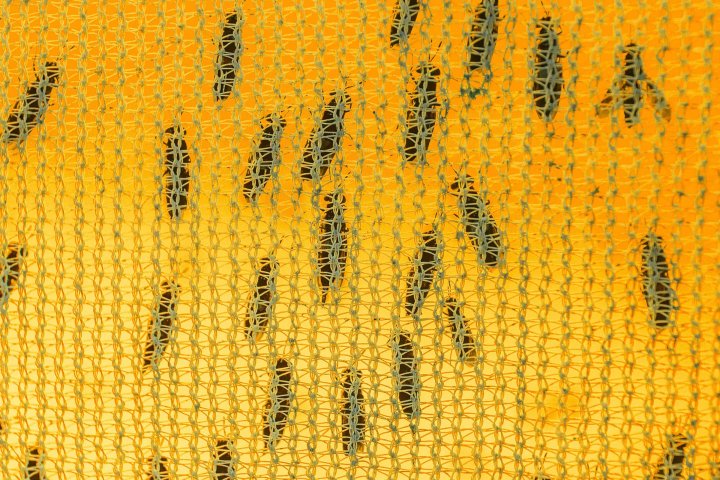Aquaculture, where fish are raised and “farmed” in controlled circumstances, helps thwart the environmental consequences of depleting wild fisheries, but there’s a Catch 22. Harvesting the small fry at the bottom of the marine food chain needed to feed farmed fish can also shrink wild stocks. AgriProtein founder Jason Drew, a South African who calls himself an “environmental capitalist,” came up with a solution while walking past a food waste dump swarming with flies. Insects have long been used as bait, so why not purposely grow a supply of flies that could serve to feed fish? After all, flies and their maggots will eat almost anything—including organic waste from restaurants and supermarkets. It took several years of trial and error—turns out that flies don’t like to breed on command, or en masse—but now Drew’s flagship fly farm in Cape Town turns some 276 tons of organic waste into 26 tons of pure insect protein a day, which is sold as food to fish farmers as well as the local poultry industry as well. Last year, AgriProtein has partnered with engineering group Christof Industries to develop a blueprint for rapidly rolling out fly farms, with a goal of building 25 a year, and reaching 200 around the world by 2027. The company has also raised $105 million to break ground on three new farms within the next 12 months, in Africa, the Middle East and Asia. As the sustainability of our food sources grows more precarious with a burgeoning population insects are increasingly seen as a viable alternative, both for human and animal consumption. —Aryn Baker
TIME may receive compensation for some links to products and services on this website. Offers may be subject to change without notice.
